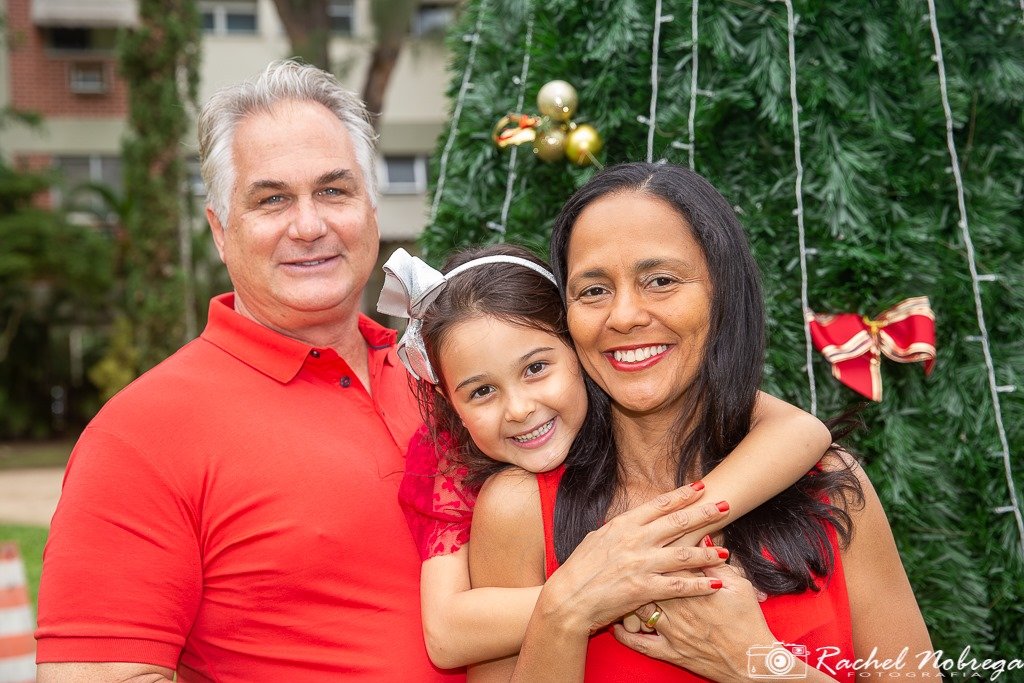The Union Church of Rio de Janeiro is unusual in its make-up of many denominations and naturality, a unique cross-section of cultures. Like a carousel, members continually arrive and then in a few short years, depart. But all contribute to the uniqueness of Union Church. This constant rotation of members is, in a sense a Union Church strength, but also its variability, its vitality, as well as its frustration.
In 1986, the Union Church of Rio de Janeiro celebrated its one-hundredth year of service to the English-speaking community when the Reverend Hugh Clarence Tucker arrived in Rio on the S.S. Advance. This inauspicious arrival began a rich history that in many ways reflects the vital aspect of the American and English-speaking presence in Brazil over the past one hundred and thirty-three years, the enormous growth and changes in the Brazilian economy, and the growth of Protestantism in Brazil.
Although for the most part eschewing formal colonies for an informal empire, the United States actively participated in the “missionary diplomacy” of the period. In 1881, James L. Kennedy, a Methodist missionary from Tennessee, arrived in Rio to plant the Igreja Metodista. As the American Colony in Rio could not be ignored, Kennedy performed two Sunday services – one in Portuguese and another one in English at the Catete Methodist Church realizing that a pastor for the English-speaking Church was necessary. Thus, they petitioned the Board of Missions of the Methodist Episcopal Church South of Nashville, Tennessee for a pastor. In May 1886, Rev. Hugh C. Tucker, Pastor of the Park Avenue Methodist Church in Nashville, Tennessee, accepted the post and in June embarked for Rio with Bishop John C. Iranbery and her daughter Ella, who became Dr. Tucker’s wife in 1891. Their journey to Rio took nearly a month and fittingly ended on U.S. Independence Day, 1886.
The years between 1890 and 1914 were years of tremendous growth in Rio de Janeiro and for Union Church. It was during the First Republic (1889-1930) that Rio was transformed with spacious avenues and parks while trolley car lines running throughout the city. It was also that Brazil expanded its borders through negotiations, not wars.
This growth of Rio and Brazilian Commerce brought many American residents to Rio de Janeiro and increased the size of the Union Church. Whereas in the 1880s the American population in Rio numbered less than 500, by 1910 almost 1,000 Americans lived in Rio. The growth of the Church during these years prompted consideration of institutionalizing the Church and moving to separate facilities.
During the initial period of independence, Union Church continued to rely heavily on contributions from the United States. In 1922, Bishop John M. Moore of the Board of Missions of the Methodist Church offered Cr$100,000 on the condition that the Union Church acquire a lot and secure funds to erect a building. These donations were later used in 1926 to buy the lot in Copacabana.
However, the victory parades that began in April with V-E Day and continued through 1945 brought tearful goodbyes to many church members and threatened the Church with financial disaster. By the end of 1946, seventy-five percent of the congregation left Brazil. Moreover, a major subsidy to Union Church from the National Council of Churches’ Department of Overseas Churches was discontinued in 1947. That year Union Church became completely self-supporting, relying solely on tithes, pledges, and offerings for its income. Despite the looming financial disaster from the reduced size of the congregation, the Church slowly began to recover and increased its membership as the military dictatorship cooperated more closely with the American government, allowing a vast increase in Americans living in Brazil.
With the influx of foreigners in the 1950’s and 60’s and the spreading out of the city limits came discussions of the necessity of moving and securing a permanent home for Union Church. But parking and the density of Copacabana were not the only considerations in moving the Church. From the late-1960’s Union Church began losing members steadily. Because of the moving of the embassies to Brasilia, replaced by smaller consulates, the phasing out of the U.S. AID programs and military training programs, Rio de Janeiro lost approximately thirty to forty percent of its foreign population and Church membership dropped seventy-five percent between 1964 and 1975.
At a congregation meeting on May 4, 1975, after almost ten years of study and discussion, voted on May 4, 1976, to sell the Copacabana church property. Taking the venture of faith to sell and construct a new church facility in Barra de Tijuca was a difficult and emotional decision for the congregation but was prayerfully accomplished in a spirit of positive progress and stewardship. On the eve of the Great Depression and the end of the 1st Brazilian Republic (1889-1930), Union Church finally moved to its own facility. After using borrowed facilities for forty-three years, the dedication of the new building on June 30, 1929, was a joyous occasion. The new Church was built in a modified Gothic style with gray stone and had a traditional worship ambient. Saturday evening, August 8, 1981, Rev. Wallace W. Williams held the first service in the new sanctuary with. Rev. Williams retired as pastor on November 1984 and preached his final sermon on December 30. He served the Church for over twenty years, the longest pastorate in the history of the Church thus far. On June 2, 2019, Pastor Craig Weyandt, was officially welcomed as the pastor of Union Church.
Moreover, during the economic crisis of 2014 through 2019 and the severe downturn of the oil industry, Union Church lost over 80% of its expatriate members, including many board members. A continuance of the ups and downs of being an international church, yet even through this crisis, the Church was able to attract new English-speaking members, both from Rio de Janeiro and internationally. Currently, the Church welcomed and offered substantial support to many refugee families from different countries, including India and Pakistan.
Throughout Union Church of Rio de Janeiro’s long and blessed history, the Church continues to serve not only its members but also the community.






